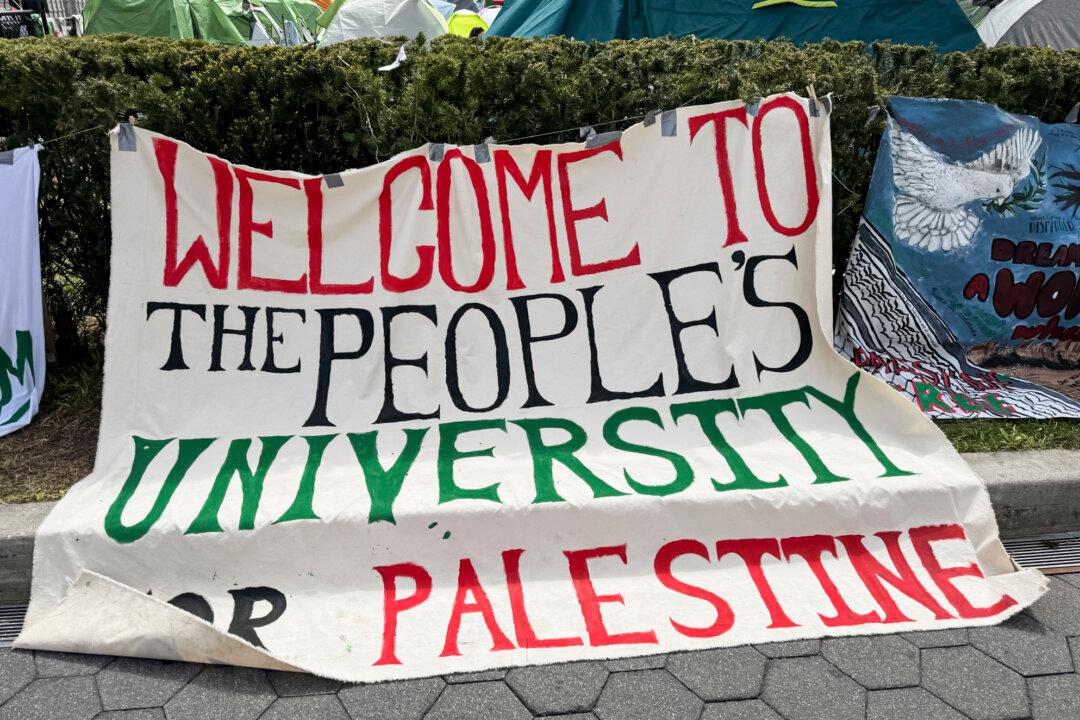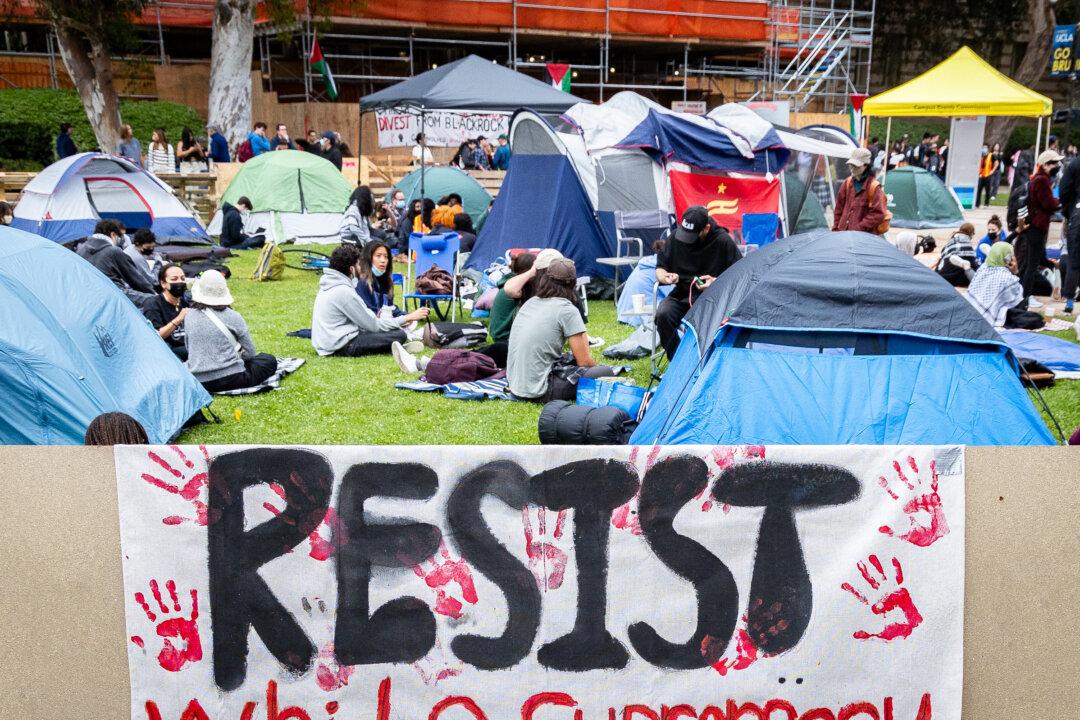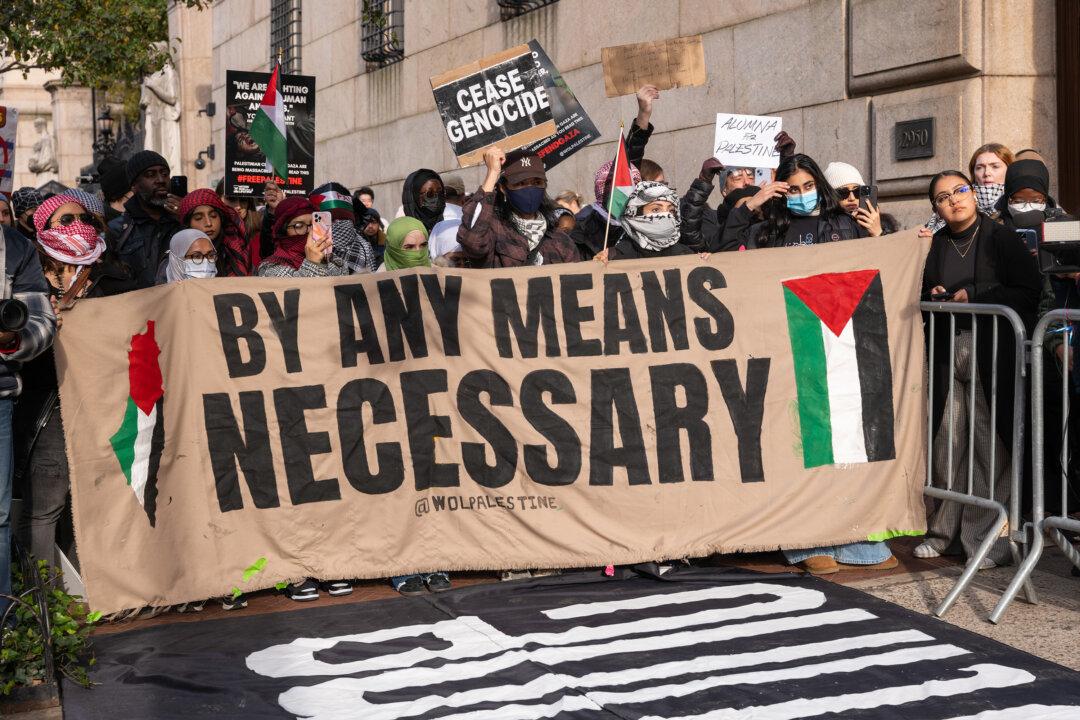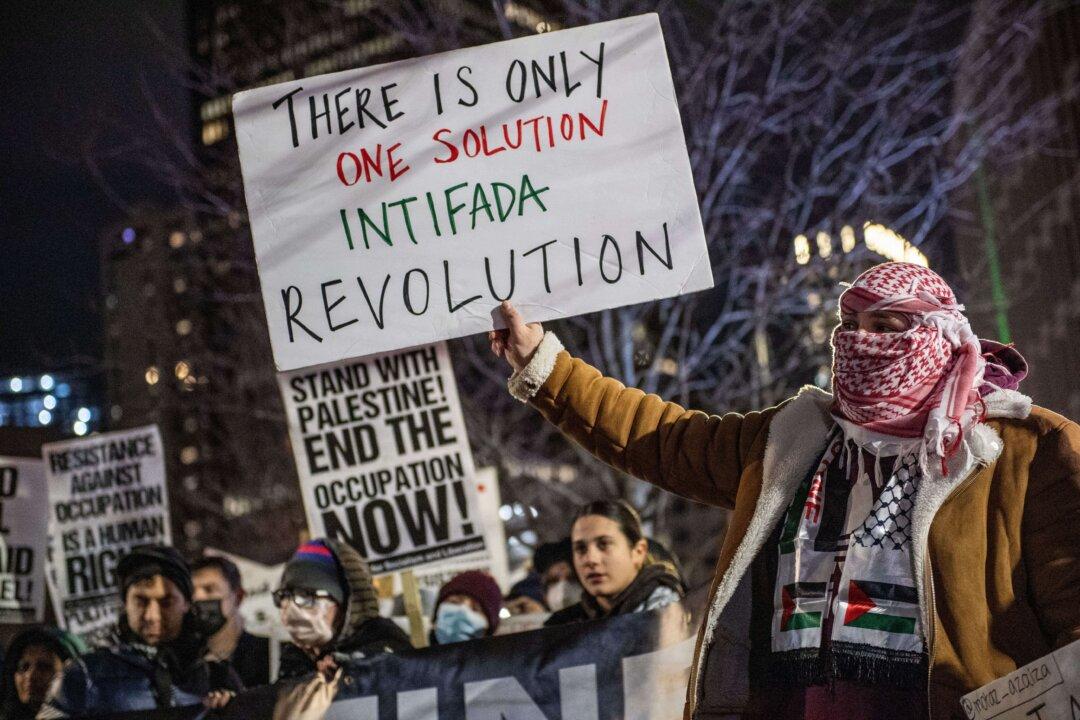Commentary
Prioritizing the fight for “social justice” or any other version of “justice” is a guarantee of unending warfare. Obsession with “justice” focuses on the past, on allegedly unjust deeds suffered by the party deeming itself a victim. That the past is long, and includes an almost endless number of actions that someone might claim victimized them, doesn’t lead justice advocates to hesitate.





